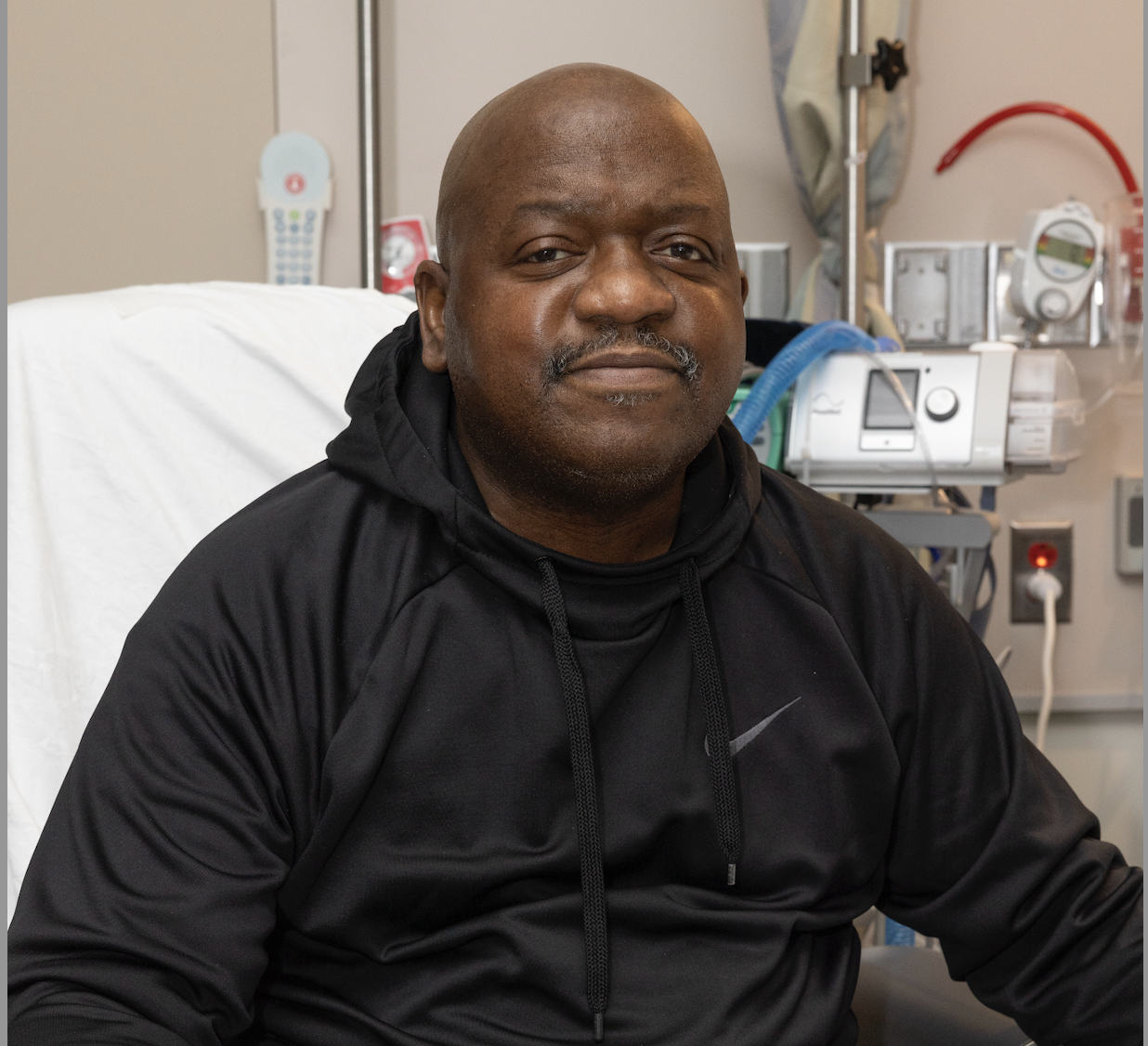closer look
Opinion: Price caps can help cut out-of-control hospital costs

Adobe
We know hospital prices are sky high and getting higher. Private health insurance premiums are also rising rapidly. That means many Americans skip necessary medical care, Roslyn Murray of the University of Michigan and Andrew Ryan of the Brown University School of Public Health write in a STAT First Opinion. But there's a better way, they say, and Oregon is proving states can cap hospital prices without disrupting access to care.
Since 2019, the state has limited what it pays hospitals for services provided to the 300,000 members of its state employee plan to twice the Medicare rate for hospital payments. "The typical market forces that keep prices in check are missing in hospital markets. At sporting events, a venue can sell a bottle of soda for upwards of $6 because fans don't have other options," they write. "Hospitals are doing something similar, except in their case it's for essential health care." Read more.
biotech
Early results illuminate Moderna's other mRNA targets
Long before Covid-19 catapulted Moderna into our collective consciousness for its mRNA vaccines, the company had hoped to enlist strands of this genetic material in the fight against cancer and other diseases. The idea behind mRNA as a therapy is to induce cells to become their own drug factories. Cells are adept at reading protein-making instructions from mRNA, so why not tell them to make versions of proteins that some people's bodies lack?
That's an approach being applied to a rare disease called propionic acidemia, in which the body makes defective versions of enzymes required to break down fats and proteins. Yesterday, scientists reported in Nature interim results from an early study, primarily focused on safety and testing different doses, in which some patients saw a reduction in the life-threatening metabolic emergencies that can crop up with the disease. STAT's Andrew Joseph has more about this study, most of whose participants were children, and what might be next for the field.
xenotransplantation
'A new beginning': Patient with transplanted pig kidney heads home
Michelle Rose / Massachusetts General Hospital
Last month saw a historic first in transplantation: A medical team at Massachusetts General Hospital transplanted a kidney from a CRISPR gene-edited pig into a living patient. Now the man who received the organ, 62-year-old Richard Slayman (above), has headed home to continue his recovery. A manager with the Massachusetts Department of Transportation, he had previously received a human kidney transplant, but it failed after about five years, requiring him to resume dialysis in 2023.
"This moment – leaving the hospital today with one of the cleanest bills of health I've had in a long time – is one I wished would come for many years," he said in a statement released by the hospital yesterday. "I'm excited to resume spending time with my family, friends, and loved ones free from the burden of dialysis that has affected my quality of life for many years."
Slayman thanked his well-wishers, including patients waiting for a kidney transplant. "Today marks a new beginning not just for me, but for them, as well."


No comments